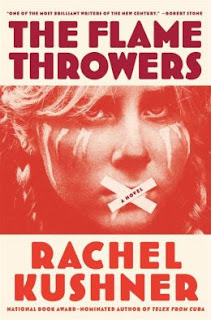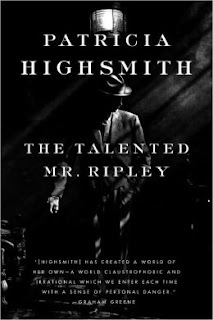Learn about the other books on the list.One of my favorite historical writers, Joanna Bourne, [has] published just five books, but each is a gem. (Bourne’s sixth novel is due fall 2014, and I have had to stop myself from marking each day off the calendar like a crazy person.) Her most recent, The Black Hawk, is a decade-spanning love story of emotionally damaged French spy Justine and equally effed up (but dashing—oh, so very dashing!) English spy Hawker as they wrangle their way through the Napoleonic wars. This is the book I whack people over the head with and scream, “READ IT I LOVE IT YOU’LL LOVE IT OH MY GOD JUST READ IT!” My histrionics aside, the precision and beauty of Bourne’s writing is summed up in one spare, perfect paragraph:
She did not think he was truly surprised. Hawker would always know what she was going to do before she did it. They had worked together and against each other for too many years. They knew even the small crevices of each other’s minds.You cannot hear the noise I am making just thinking about this book. Read it. Please.
Read--Coffee with a Canine: Joanna Bourne and Brittany.
--Marshal Zeringue
















































